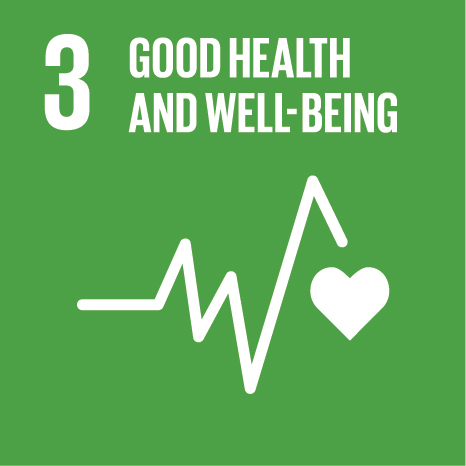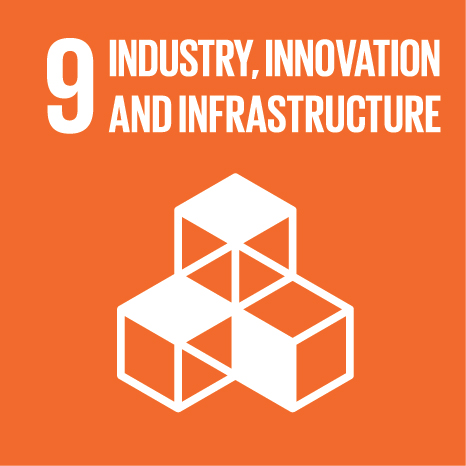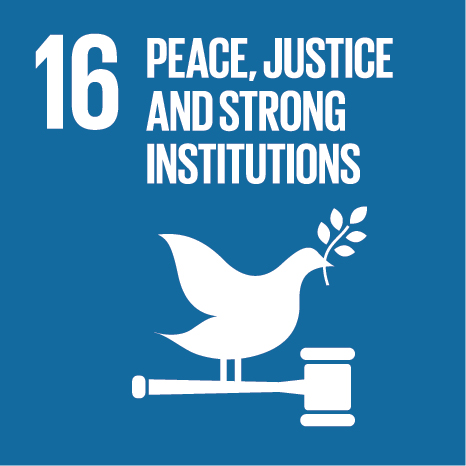 +265(0)111 624 222
+265(0)111 624 222 research@unima.ac.mw
research@unima.ac.mw Chirunga-Zomba, Malawi
Chirunga-Zomba, Malawi
Piloting a research mentorship programme in a low-resource setting in Zimbabwe
Abstract
Background: Women continue to be underrepresented in science, technology, engineering, mathematics and medicine (STEMM), globally including in Africa and, indeed in Zimbabwe. The gender gap, absence of formal research mentorship and the male-dominated academic culture common among low- and middle-income countries makes scientific growth dire for Africa- and Zimbabwe-based female science researchers. Aim: To address some of these challenges, a group of researchers (90% female) created the African Excellence in Research Initiative (AFRIESEARCHI) Zimbabwe Gender in STEMM Mentorship Programme. Setting: Public universities and research institutions in Zimbabwe. Methods: The team crafted a research mentorship curriculum, informed by stakeholder engagement and needs assessment, and piloted it from October 2021 to December 2022. Results: The inaugural 12-month programme capacitated 30 members (80% female) with skills for research. The participants’ mean age was 42.5 (6.9) years, with minimum qualifications of Master’s degrees. Specifically, 5 (17%) members either registered for or graduated with doctoral degrees, 14 (50%) members completed visiting fellowships. Five individual projects were awarded grants all totalling over $300 000.00, while this mentorship project was shortlisted for the Free STEM Fund award (€50 000.00) for the 2022–2023 cycle. Half of shortlisted team members were selected for the competitive Zimbabwean Emerging Faculty Development Program. Almost 90% of participants were satisfied with their mentorship experience, although resources and time were needed. Conclusion: Despite challenges, the team resolved the need to prioritise formalised research mentorship, within the Zimbabwe setting. Contribution: Such efforts will enhance scientific growth for women (and indeed all academic researchers) in the sciences.
| Publication status | Published - 2025 |
UN SDGs
This research output contributes to the following United Nations (UN) Sustainable Development Goals (SDGs)




UN SDGs
This research output contributes to the following United Nations (UN) Sustainable Development Goals (SDGs)




UN SDGs
This research output contributes to the following United Nations (UN) Sustainable Development Goals (SDGs)



